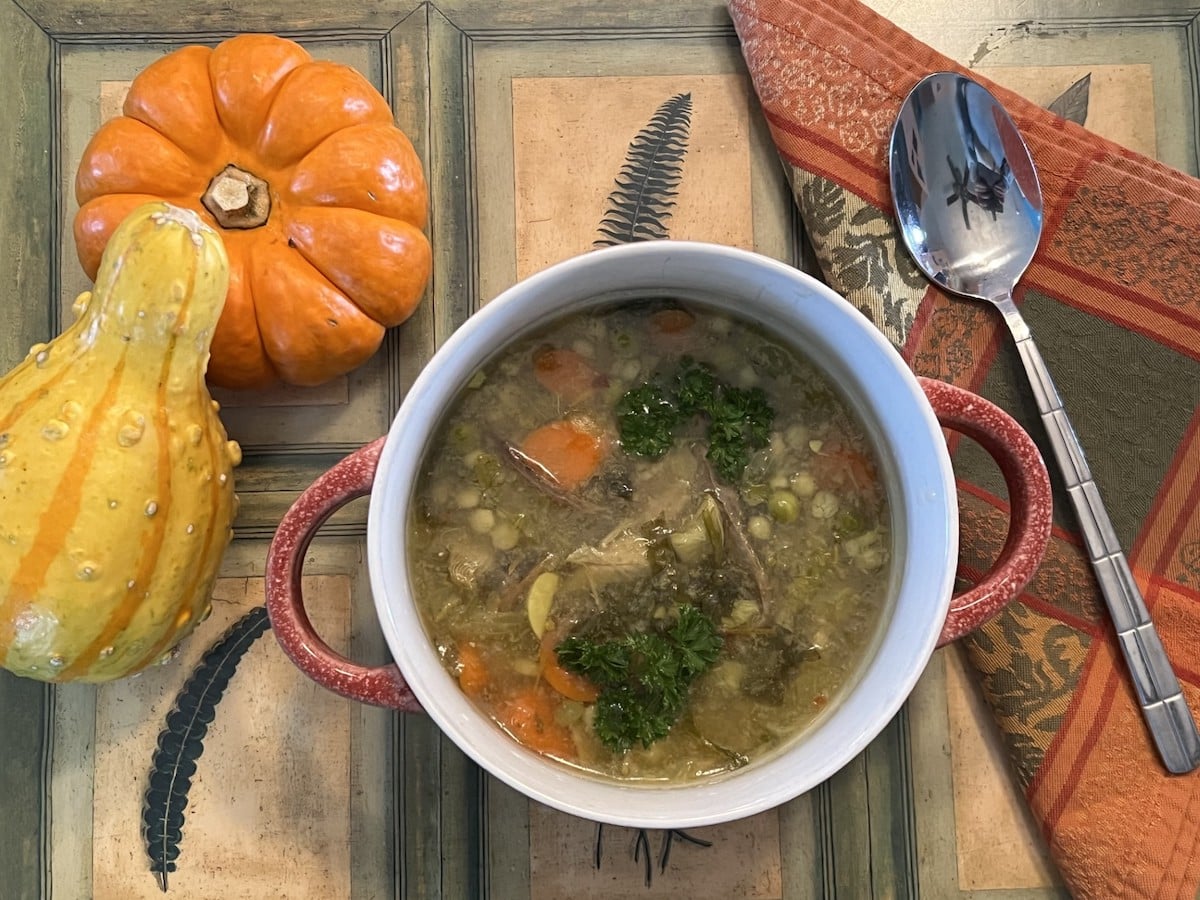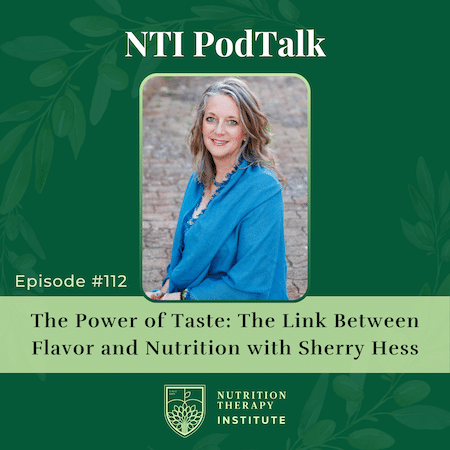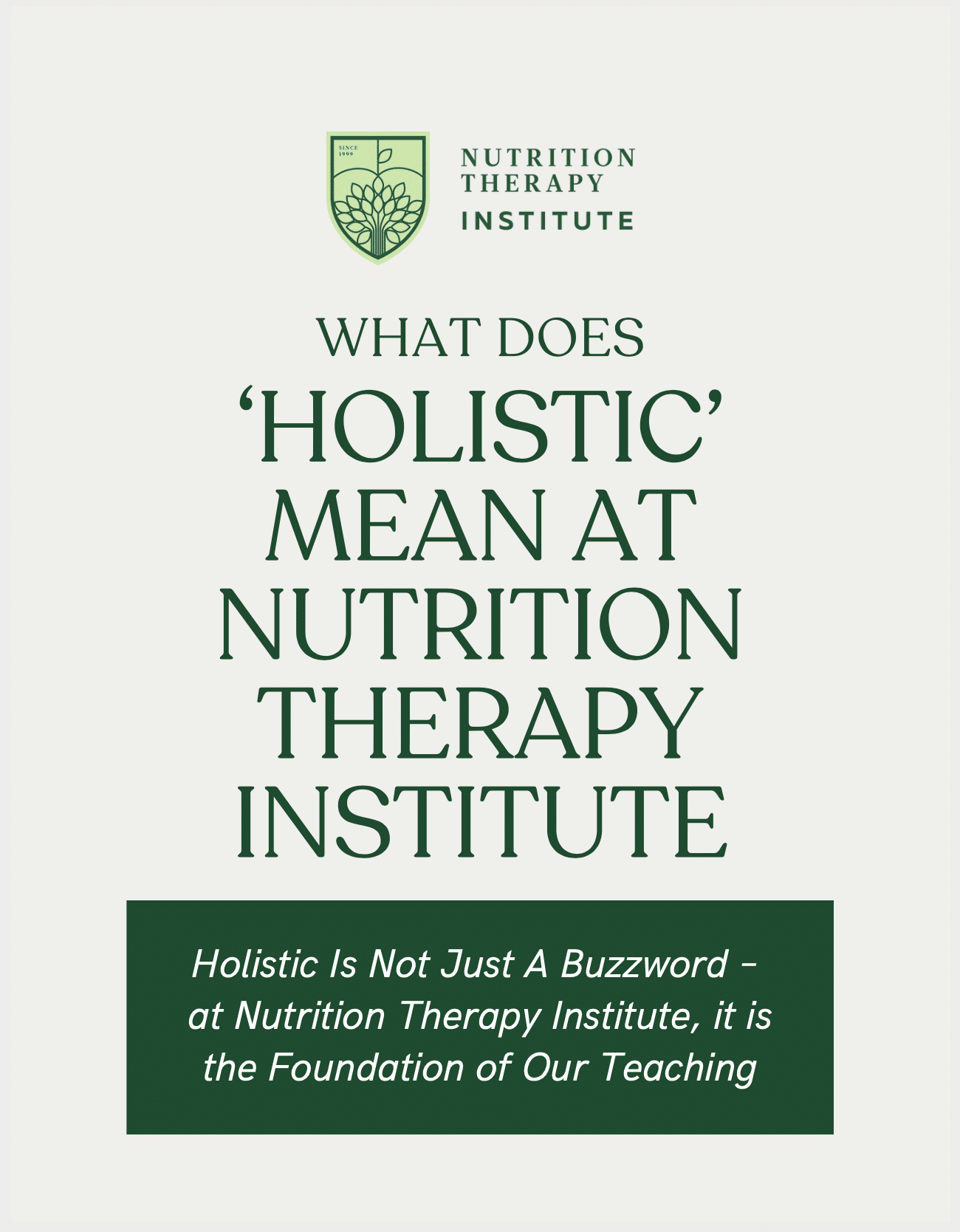
Share this post!
What is holistic health?
For those of you who may be new to the holistic health world like me, you may be wondering what does holistic health encompass? To define holistic health let’s first define holistic. Merriam-Webster Dictionary defines holistic as, “Relating to or concerned with wholes or with complete systems rather than with the analysis of, treatment of, or dissection into parts. Holistic medicine attempts to treat both the mind and the body. Holistic ecology views humans and the environment as a single system”.
So now that we have a better understanding of holistic, how does one put into practice this theory in relation to health? In order to obtain true balance or homeostasis within the body there are three primary components to nurture; the mind, body and soul.
One of my favorite Joyce Meyers quotes states, “You cannot have a positive life and a negative mind.” I wholeheartedly believe this to be true when it comes to health and wellness. Trusting yourself and life to provide you with health and happiness is an essential part of taking back your power and a positive attitude can truly transform the way you feel and consequently how you treat and feed yourself.
How we treat our bodies and the environment is essential to our well-being. This comes back to holistic ecology and the belief that humans and the environment are a single system. Eating locally grown, organic, non-GMO foods is not only beneficial for our bodies but also for our environment. Staying connected and living in harmony with the earth is an important responsibility we have as individuals. Every choice we make has an impact on ourselves and this planet. Why not make each choice in the best interest of the whole?
Holistic nutrition aims to use food to nourish the body to optimum health and performance. Point blank, food ought to make you feel good and thrive. What good nutrition is may differ for the individual as bio-individuality plays a role. For example, athletes, pregnant women, diabetics, those suffering from autoimmune conditions all require individual attention and very different food/ nutrient recommendations. The most important thing is to find what works best for your body to help aid it in its natural processes. Our bodies want to be healthy and just need the right nutrition to thrive.
Lastly, I want to touch on soul. Your soul is important to nourish because it’s what guides you as a person. Often, we forget the importance of nourishing our soul and making sure our emotional well-being is cared for. It is very challenging, if not impossible, to have a positive effect in our relationships and communities if we do not feed our soul, just as we feed our bodies. Feeding one’s soul can mean many different things for different people: spending time in nature, doing yoga, meditating, biking, etc. Anything that allows you to truly take the time to connect with yourself and greater purpose feeds the soul.
A critical part of the holistic mindset is taking back the power when it comes to your health and happiness. So take the time to nourish your mind, body and soul, it is the most rewarding practice you will ever have.
Rebecca Lederman graduated with a degree in Environmental Science from the University of Massachusetts. She is passionate about living a sustainable, compassionate and healthy lifestyle and hopes to inspire the same passion in others.
Image: Image by Jackson David is free for use by Pexels
Share this post!




















